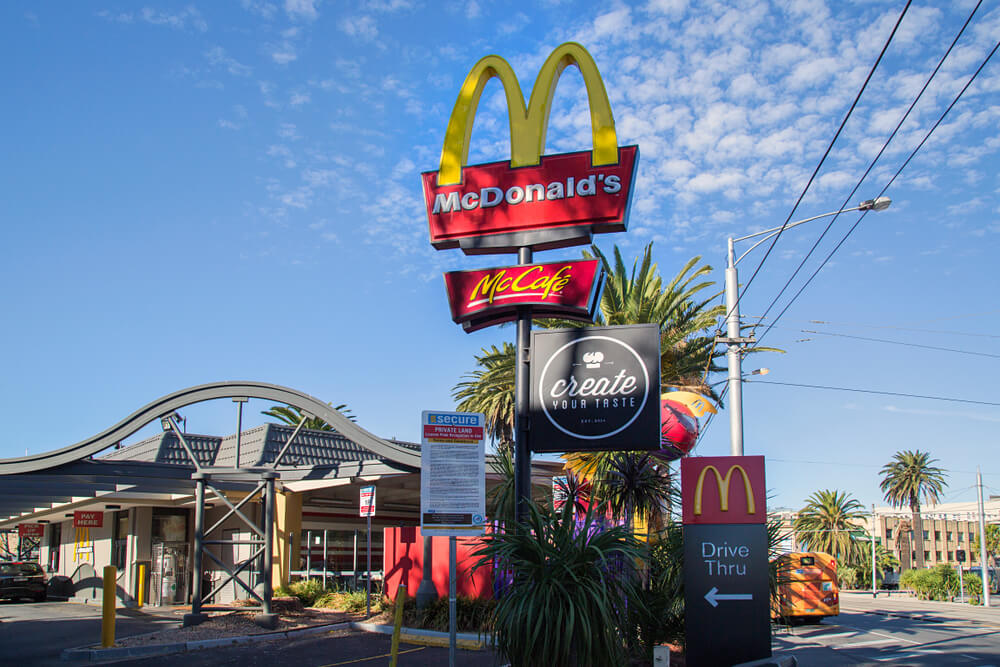Union planning to upsize rest break cases against McDonald’s


The Shop, Distributive and Allied Employees Association has flagged its intent to bring further cases against various McDonald’s franchisees, alongside eleven claims it has brought to date over alleged failures to give workers paid 10-minute breaks.
For information on rights and reprints, contact subscriptions@lawyerly.com.au